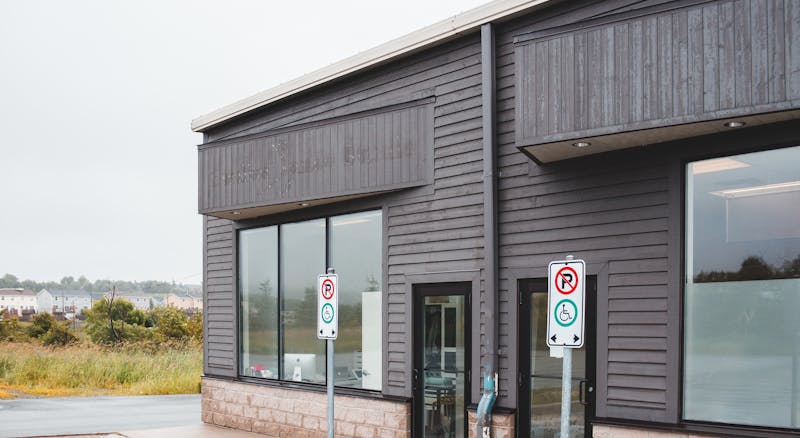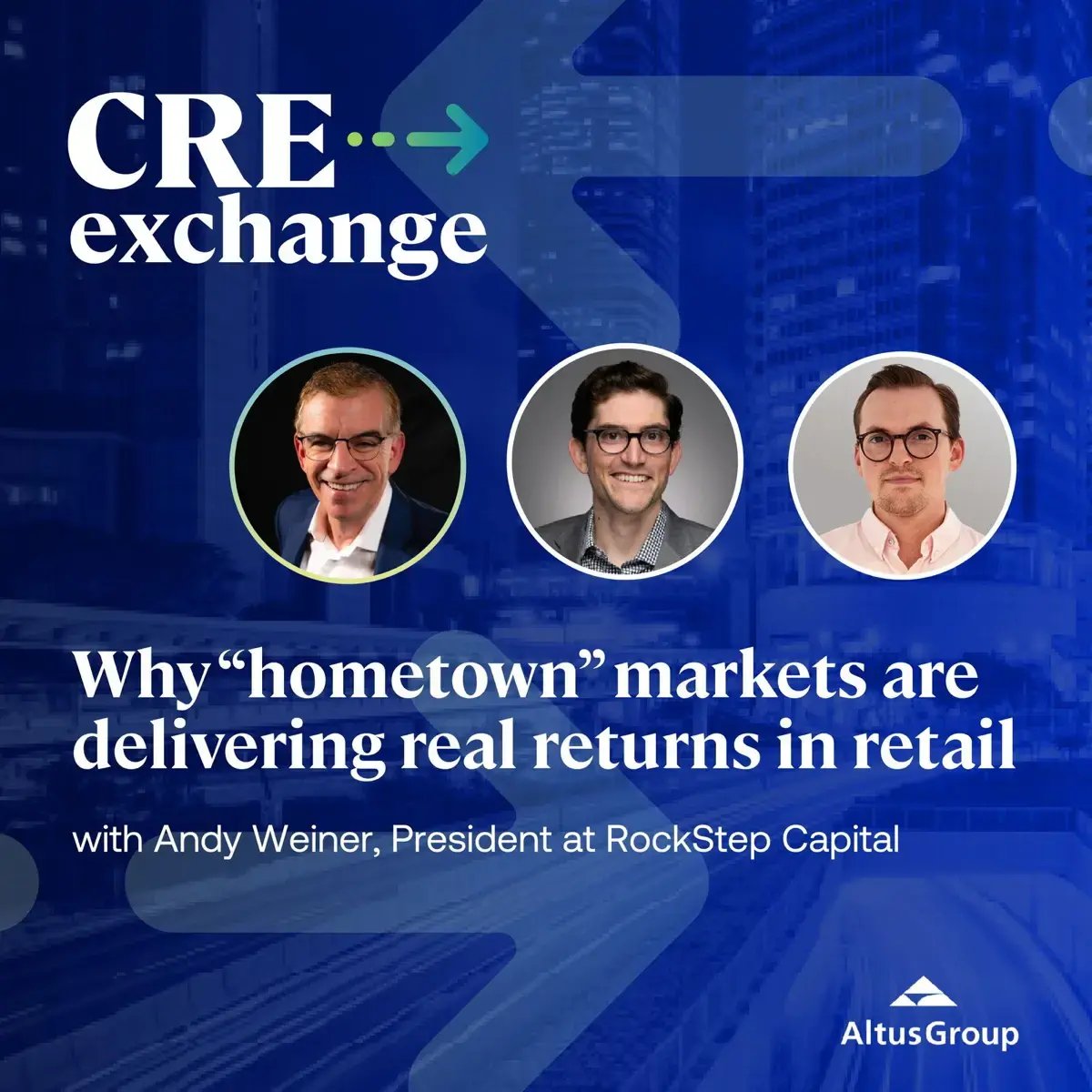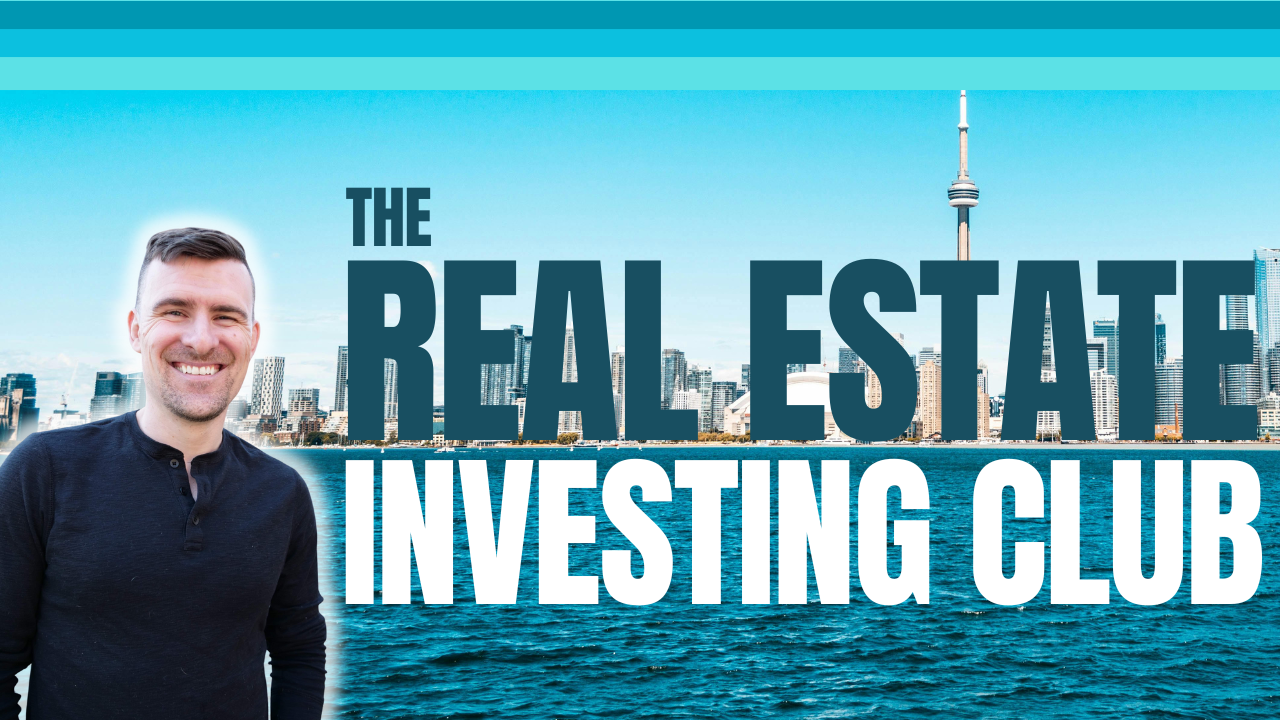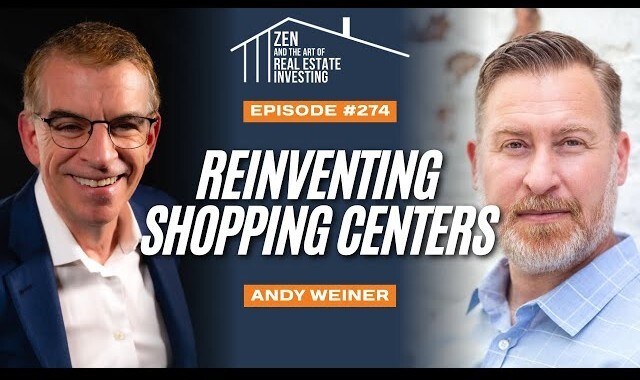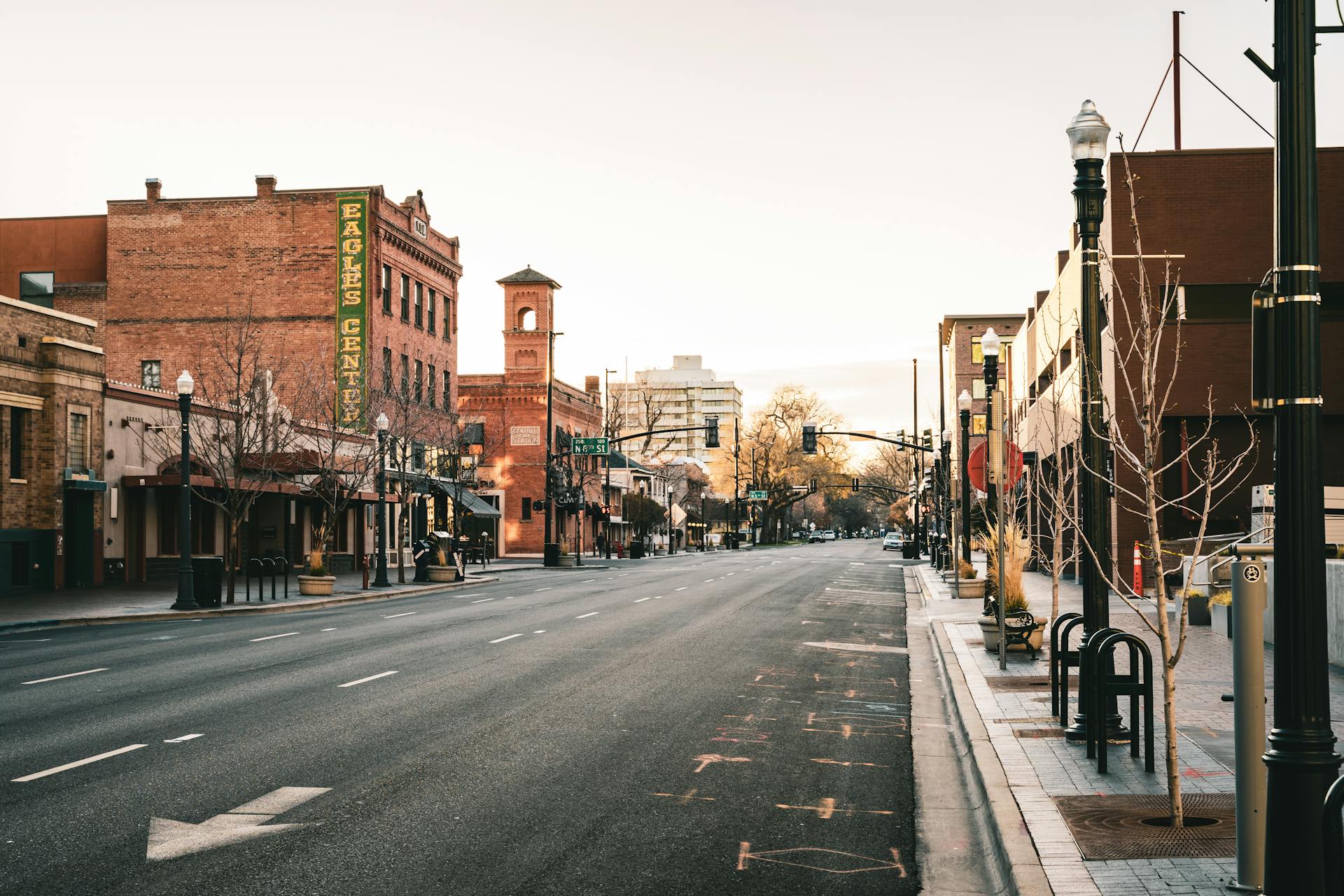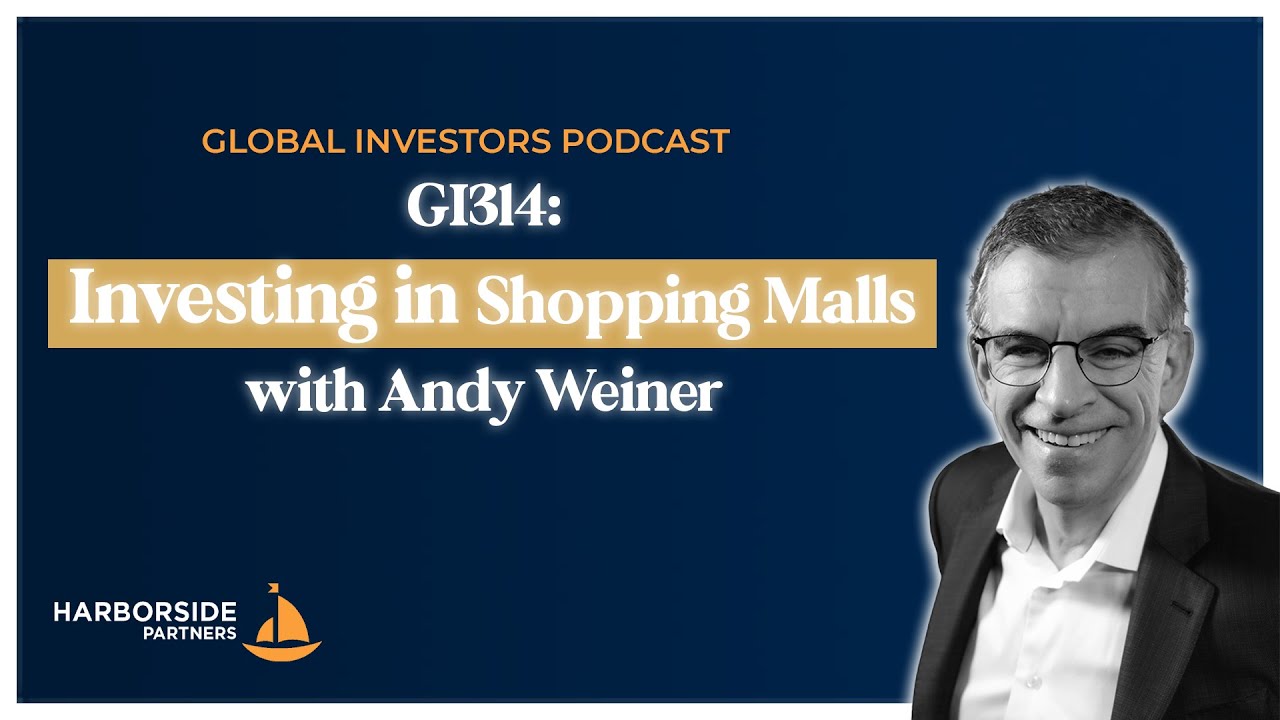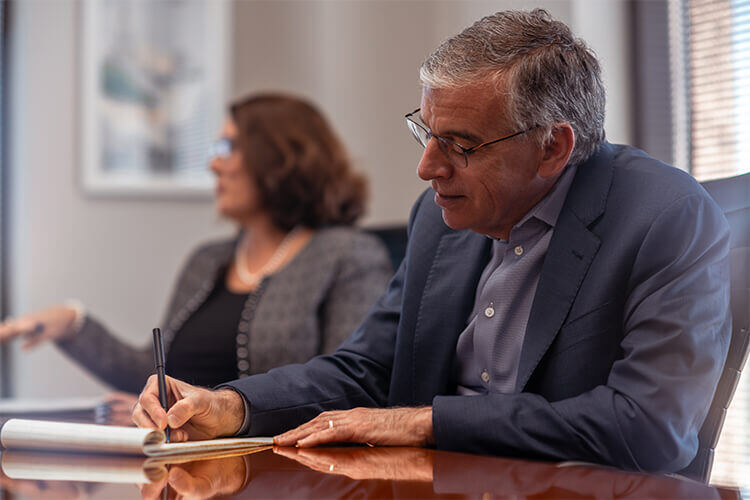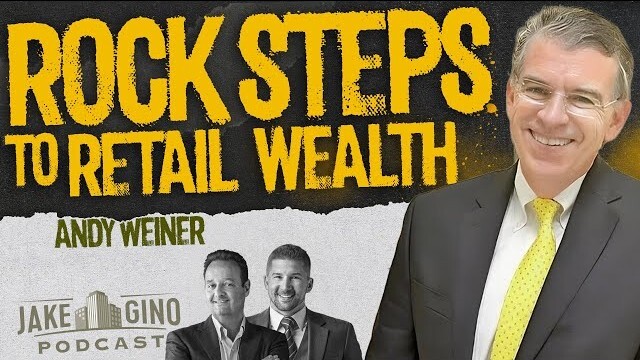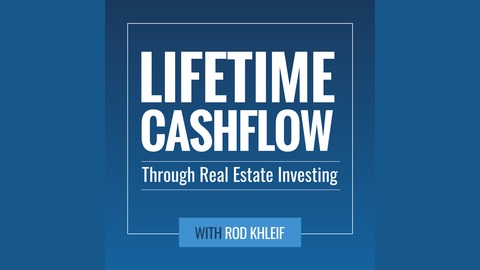PassivePockets Podcast: Andy Weiner & The Retail Rebound
July 31st, 2025
3 min read

Note: This episode is also available on platforms like Spotify and Apple Podcasts.
Passive Pockets, presented by Equity Trust, is a podcast for passive real estate investors who want to sharpen their skills through real-world deal reviews. Hosted by Paul Shannon, the show brings together seasoned limited partners (LPs) and operators to evaluate investment opportunities and share lessons on how to assess deals with confidence.
In the latest episode, Paul welcomed our very own Andy Weiner, the Founder and President of RockStep Capital, to discuss the firm’s Hometown America Fund I, which focuses on shopping centers in “HomeTown” markets across the country. LP panelists Adam Cranmer and Pascal Wagner joined the conversation to provide their perspectives and ask the critical questions every passive investor should consider.
Why RockStep Capital Focuses on Retail in Hometown Markets
Andy explained why RockStep is committed to retail assets, despite other investors being cautious.
“We like retail because the supply and demand dynamics are strong. Retailers that survived the Amazon effect and COVID have strong balance sheets and are expanding into a fixed inventory of shopping centers that isn’t growing. Vacancy rates are at historic lows.”
He added that the firm’s ability to secure positive leverage is a key advantage:
“We’re buying enclosed malls at 15 caps while borrowing at 7.5 percent. Neighborhood centers are nine caps while borrowing at 7 percent. That level of positive leverage is rare in other commercial real estate sectors and allows for strong cash flow.”
RockStep’s focus on “HomeTown” markets (communities with fewer than one million people, sometimes as small as 100,000) also plays a role.
“There’s something different about hometowns,” Andy said. “There’s less competition, stronger community alignment, and often the chance to assemble multiple assets and really dominate a market.”
A Disciplined Approach to Retail Investment
RockStep’s strategy is built on conservative underwriting and a refusal to overpay.
“We always do base case underwriting,” Andy said. “We assume nothing good will happen and underwrite to mid-teens IRRs. That keeps us disciplined. We’ve been second on five deals in a row because we refused to stretch, and that’s a big part of how we protect returns.”
Once an asset is acquired, RockStep focuses intently on execution.
“Buying is just the start. The real work begins after the closing, and that means sticking to the business plan in a very methodical way.”
Community Partnerships and Local Alignment
The firm’s strong relationships within each market give it an edge.
“We source local investors, especially when we buy enclosed malls,” Andy said. “These business leaders help with entitlements, property taxes, and sometimes even leasing because they’re deeply connected in the community.”
Local investors often hold seats on the boards of community banks, which opens doors to flexible financing.
“That access to local lenders is huge. In 28 years, we’ve never lost an asset to a lender and we’ve never had a capital call post-closing. Our local partnerships make that possible.”
Vertical Integration for Value Creation
RockStep also differentiates itself by managing leasing, property management, construction, and redevelopment in-house with a 100-person team.
“We’re vertically integrated and good at expense control,” Andy explained. “Right now we’re demoing six malls and repositioning them with new uses like multifamily, medical office, or hospitality. These projects are complex, but because we have the talent in-house, we can create tremendous value.”
Navigating Market Cycles
The panel inquired about how broader economic uncertainty might affect RockStep’s strategy, and Andy responded frankly.
“No one knows what the economy will do,” Andy said. “But HomeTowns are more steady. They don’t boom, but they don’t bust either, and that stability is why we like them.”
Pascal Wagner noted that RockStep’s willingness to re-lease space at higher rents is different from most operators.
“Other sponsors try to exit before leases turn,” Pascal said. “You want to capture the upside by bringing in stronger tenants at higher rents.”
Andy agreed that the ability to backfill space strategically is an important part of the firm’s model.
About Hometown America Fund I
The Hometown America Fund I aims to acquire five to seven shopping centers with a targeted 18 percent IRR. Approximately two-thirds of the assets will be enclosed malls, offering higher yields and value-add potential, while the remainder will be neighborhood and power centers, featuring more predictable cash flow.
“We want 35 to 50 percent of total returns to come from cash flow during the life of the asset, not just appreciation on the back end,” Andy said.
The LP Panel’s Takeaways
After the interview, Paul, Adam, and Pascal shared their impressions. While they had questions about macroeconomic risks and the proportion of malls in the portfolio, all three agreed that RockStep’s track record and community-based approach stood out.
“I think you’re betting on the jockey here,” Adam said. “Andy lives and breathes retail, and his ability to build local relationships is impressive.”
Topics:






